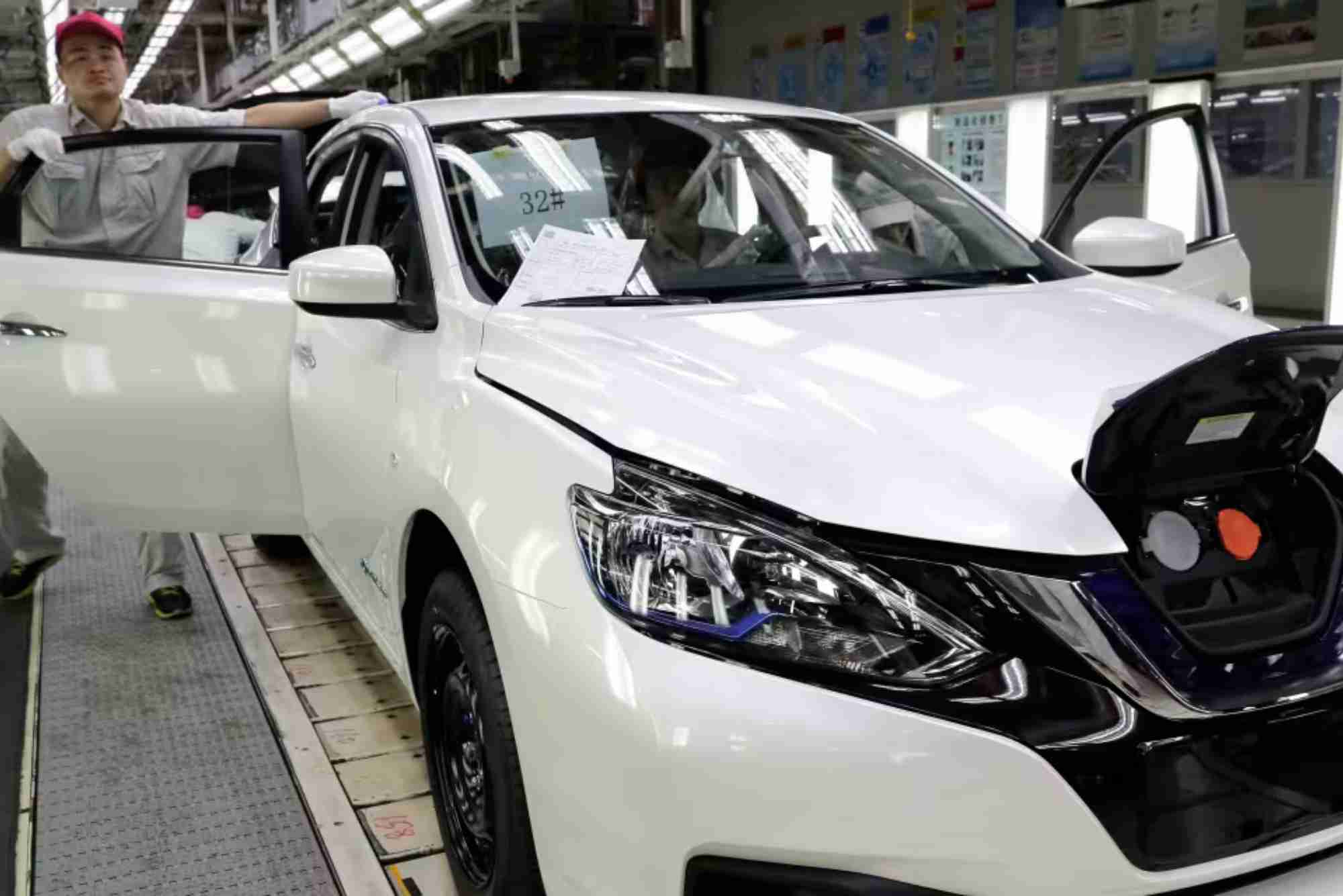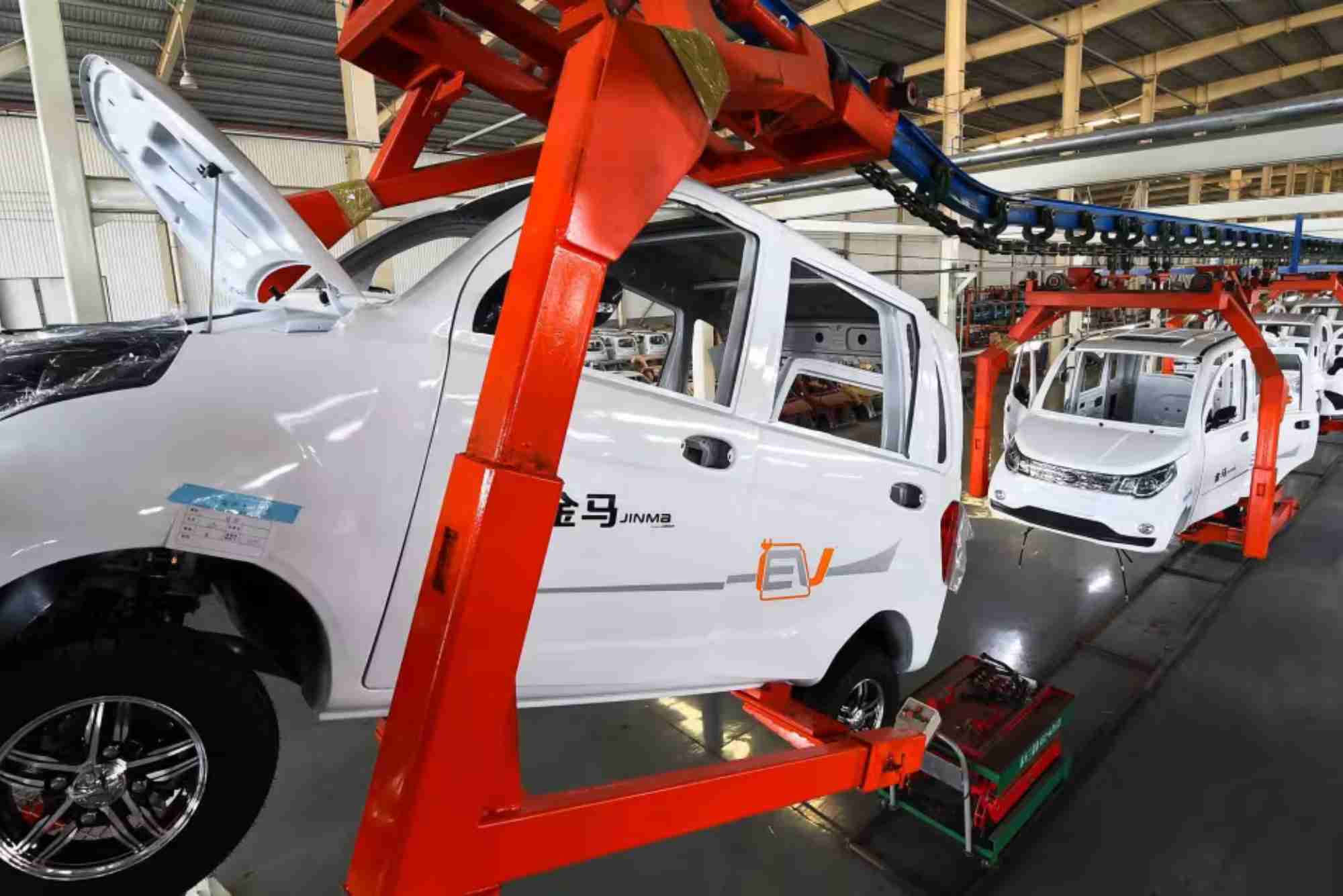China’s automotive industry has become a major player globally, with Chinese car manufacturing companies now exporting vehicles, innovating in electric mobility, and expanding rapidly. From global collaborations to cutting-edge electric vehicles (EVs), these manufacturers are reshaping perceptions about Chinese vehicles. This article explores the history, innovations, and market influence of the most significant Chinese car manufacturing companies.
The Rise of the Chinese Automotive Industry
In the past few decades, China’s automotive industry has transformed from a domestic-focused sector into one with global ambitions. Initially, Chinese manufacturers produced vehicles largely for the local market with heavy reliance on foreign technology and designs. However, with government support, increased investment, and an emphasis on technology transfer, Chinese manufacturers have grown to develop vehicles independently, targeting not only domestic but international markets.
Leading Chinese Car Manufacturing Companies
Several Chinese automakers are now household names both in China and around the world. Below are some of the most influential Chinese car manufacturing companies driving innovation and production:
Geely Automobile
Geely is one of the most prominent Chinese car manufacturers, known for its innovative approach and ambitious acquisitions, such as Volvo and a significant stake in Daimler AG. Geely’s success is attributed to its investments in research, advanced manufacturing processes, and collaboration with global automotive leaders. Today, Geely produces a wide range of vehicles from luxury sedans to electric vehicles, expanding its global reach.
BYD (Build Your Dreams)
BYD initially began as a battery manufacturer before venturing into automobile production, positioning itself as a pioneer in electric vehicles. BYD now produces electric buses, trucks, and passenger vehicles, and it has become a prominent name worldwide. With a strong commitment to renewable energy and sustainable manufacturing, BYD is a leader in China’s EV market.
NIO
NIO, a relatively new entrant in the automotive industry, focuses exclusively on electric vehicles and cutting-edge technology. Known for its premium electric SUVs and futuristic designs, NIO has quickly become popular in the domestic and international markets. NIO differentiates itself with features like battery-swapping technology, advanced driver-assistance systems (ADAS), and premium quality that competes with luxury brands.
Great Wall Motors
Great Wall Motors, best known for its SUVs and trucks, has a solid reputation for reliability and quality. The company has expanded internationally and has made significant investments in electric and hybrid vehicles. With subsidiaries like Haval (specializing in SUVs) and Wey (luxury segment), Great Wall Motors continues to grow as a formidable competitor both in China and abroad.
Changan Automobile
Changan is one of the oldest and most trusted automotive companies in China, producing a wide range of passenger and commercial vehicles. With partnerships with global manufacturers like Ford and Mazda, Changan has advanced its technology and design capabilities. The company focuses on environmentally friendly technologies, aiming to lead in hybrid and electric vehicles.
SAIC Motor Corporation
SAIC Motor Corporation is the largest automotive company in China, producing vehicles through joint ventures with global brands like General Motors and Volkswagen. The company’s vehicles are marketed under several brands, including Roewe and MG, the latter being one of the most popular Chinese brands in Europe. SAIC is known for its focus on smart technology, such as internet-connected vehicles and autonomous driving.
XPeng Motors
XPeng Motors is another electric vehicle startup gaining popularity both domestically and internationally. The company’s approach combines sleek design with autonomous driving technology and advanced connectivity. XPeng’s EV models, like the P7 and G3, have been praised for their range, efficiency, and competitive pricing. XPeng continues to invest heavily in research and development to remain a leader in the EV market.
China’s Focus on Electric Vehicles
China has become the world’s largest electric vehicle market, supported by government subsidies, environmental policies, and infrastructure development. Chinese car manufacturing companies have capitalized on this push toward electrification, positioning themselves as leaders in the EV market.

Government Support
The Chinese government has played a crucial role in the development of the EV industry by offering subsidies, grants, and tax breaks to consumers and manufacturers. These policies have allowed Chinese car manufacturing companies to invest heavily in EV research and development, thereby driving technological innovation and reducing production costs.
Charging Infrastructure
The growth of EVs in China is complemented by an expansive charging infrastructure. The government has funded numerous charging stations nationwide, reducing range anxiety and encouraging consumers to adopt EVs. This infrastructure benefits not only domestic manufacturers but also helps international automakers entering the Chinese EV market.
Export Opportunities
With a strong EV foundation at home, Chinese manufacturers are expanding into Europe, Southeast Asia, and the Middle East. Brands like BYD, NIO, and XPeng are establishing a presence in these markets, catering to the growing demand for environmentally friendly vehicles. Through partnerships and direct sales, these companies are increasingly recognized as leading EV producers.
Collaboration with Global Automakers
Many Chinese car manufacturing companies have established joint ventures with global automotive giants to leverage their expertise, enhance technology transfer, and expand their brand reach. Notable collaborations include:
- Geely and Volvo: Geely’s acquisition of Volvo allowed it to integrate advanced engineering and safety technologies, raising its reputation as a high-quality manufacturer.
- SAIC and General Motors: This partnership helped SAIC develop world-class vehicles that appeal to a broader audience, particularly in China’s luxury segment.
- Changan and Ford: Changan’s collaboration with Ford allowed it to modernize its manufacturing processes and expand its product lineup.
These collaborations have played a pivotal role in accelerating technological advancements and building consumer trust in Chinese brands.
The Impact of Chinese Automakers on the Global Market
Chinese automakers have reshaped the global automotive landscape by offering high-quality, affordable, and increasingly innovative vehicles. Key impacts include:
Increased Competition
Chinese automakers have introduced affordable alternatives in segments traditionally dominated by Japanese, Korean, and American manufacturers. With a focus on quality, competitive pricing, and EV technology, Chinese car manufacturing companies have forced global players to adapt and innovate.
Contribution to Sustainable Mobility
Chinese manufacturers are driving the transition to green transportation. With companies like BYD and NIO at the forefront of EV technology, China is helping to reduce greenhouse gas emissions and offering sustainable solutions to other countries. Chinese EVs are particularly popular in cities looking to reduce pollution and congestion.
Enhanced Technology in Autonomous Vehicles
The Chinese automotive industry is also heavily invested in autonomous vehicle technology, which has applications in ride-sharing and logistics. Companies like Baidu are testing autonomous vehicle platforms, while manufacturers like NIO and XPeng integrate ADAS in their consumer models.
Future of Chinese Car Manufacturing Companies
The future looks promising for Chinese automakers as they continue to innovate and expand. Key trends shaping the future include:
- Expansion in Emerging Markets: Chinese automakers are expanding into emerging markets with high demand for affordable, fuel-efficient, and electric vehicles.
- Investment in Advanced Manufacturing: Automation and artificial intelligence in manufacturing processes are helping companies improve efficiency and reduce costs.
- Focus on Sustainable Mobility: Chinese automakers will likely continue to prioritize EVs, supported by government policies and a growing consumer preference for eco-friendly options.
Chinese car manufacturing companies have become influential players on the global stage, contributing to sustainable mobility, increased competition, and technological advancements. With a strong foundation in electric vehicles, strategic partnerships, and continuous innovation, these manufacturers are set to grow further.




